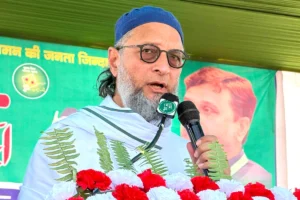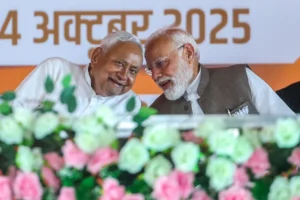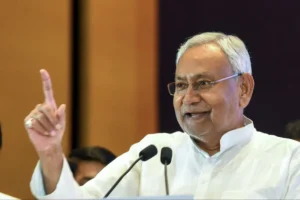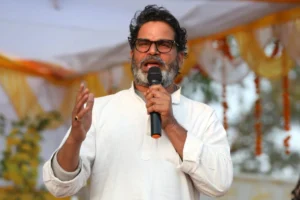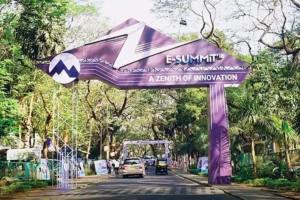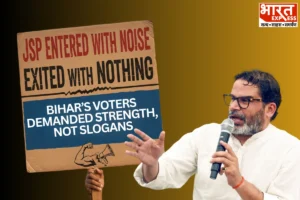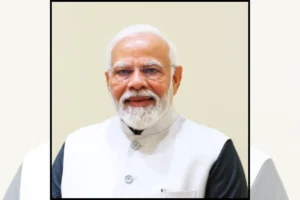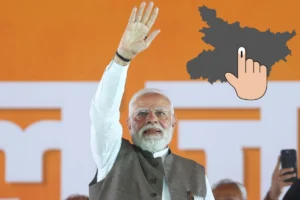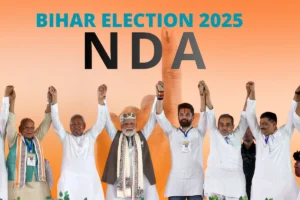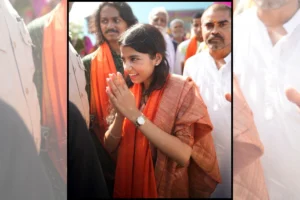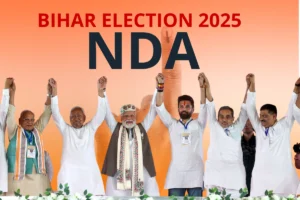
The presence of Prime Minister Narendra Modi at the Bastille Day parade in the capital city of France, Paris, is undoubtedly a matter of national pride for 1.4 billion Indians. As the contingent of the Indian Armed Forces marched down Champs-Élysées, they not only evoked a sense of Rajpath (the ceremonial boulevard in Delhi) in Paris for the Indians but also reminded the world of India’s forgotten contributions to European security. Nearly ten lakh soldiers in the First World War and around twenty lakh soldiers in the Second World War played a crucial role in establishing peace in Europe. The Prime Minister’s efforts to remember and honor their glorious contribution to European and global security have been significant.
While this occasion is special, it should not overlook the importance of the new chapter in India’s global presence that is unfolding with the Prime Minister’s visit to France. It is also part of a major plan to bring Europe back to the center stage of India’s foreign policy. Especially considering the lack of indications of ending the war in Ukraine at the moment.
Looking back in history, when the then Finance Minister Manmohan Singh initiated the wave of liberalization in the 1990s, it was Europe, led by Germany, Britain, and France, that stood at the forefront of those embracing India. For nearly a decade, Europe had become India’s favored destination, not only for technological and commercial partnerships but also for investments and banking. However, as India’s ties with the United States grew closer and the European Union implemented the Common Foreign and Security Policy (CFSP), the enthusiasm for India in Europe began to wane. This was partly due to our bureaucratic red tape and the deeply ingrained corruption in the previous government’s administration. Alongside the cheap energy from Russia and emerging markets in China, Europe began to see new possibilities in cooperation with these two countries. Two decades later, the cycle of time has changed. The war in Ukraine has alerted Europe to the possibility that cheap energy from Russia may become expensive for them. After the lessons learned from Putin’s Russia, Europe is now compelled to reconsider its dependence on China’s markets as well. Europe is once again looking at India as an alternative, given the new India’s emerging capabilities. Prime Minister Modi’s visit to France has played a role in launching a launching pad for this change. The defense deal has been the main attraction of this visit, which includes the purchase of 26 Rafale M aircraft and three additional Scorpene submarines worth over 90,000 crore rupees. India’s growing military cooperation with countries such as France, the United States, Israel, Germany, and South Korea is not only reducing our dependence on Russia for arms but also strengthening the ground for new strategic partnerships in defense modernization.
There is no doubt that India’s growing military strength and its increasing global stature in the past decade have had an impact on the international arena. With the third-largest defense budget and the fifth-largest economy in the world, India’s physical capabilities today have the potential to influence the international order. Under the leadership of Prime Minister Modi, the current government has successfully connected national political will with new international possibilities. In the ongoing power struggle for global leadership, India is the only country showing unwavering commitment to accommodating all sides unequivocally. While these engagements may also serve their economic and strategic interests, they ensure a balance in the global arena. The biggest advantage is that India now has access to the treasure trove of advanced technologies from these developed countries, which may not be available to any single nation.
Alongside strategic dominance, the benefit of military self-reliance is that it not only reduces our import expenditure but also brings multiple benefits to the civilian sector. This saving is also linked to the goal of improving the standard of living for our citizens. In the financial year 2022-23, defense production worth over one lakh crore rupees has been achieved, with exports reaching nearly 16,000 crore rupees, which will soon surpass the 20,000 crore rupees mark. In this regard, the country is making remarkable progress towards realizing the Prime Minister’s vision of making India a developed nation by 2047. The goal is to build an economically powerful and self-reliant India, which is also a pure defense exporter. Today, India’s rating as the third or fourth most powerful military in the world is seen globally. This has not happened on its own but is the result of tireless efforts, hard work, and far-sighted strategies employed within a short span of time to ensure our strength and lethal capability in overcoming challenges. This enables us to make the best use of power and capability. As a result, the slogan of “Jai Bharat” is resounding around the world today.









